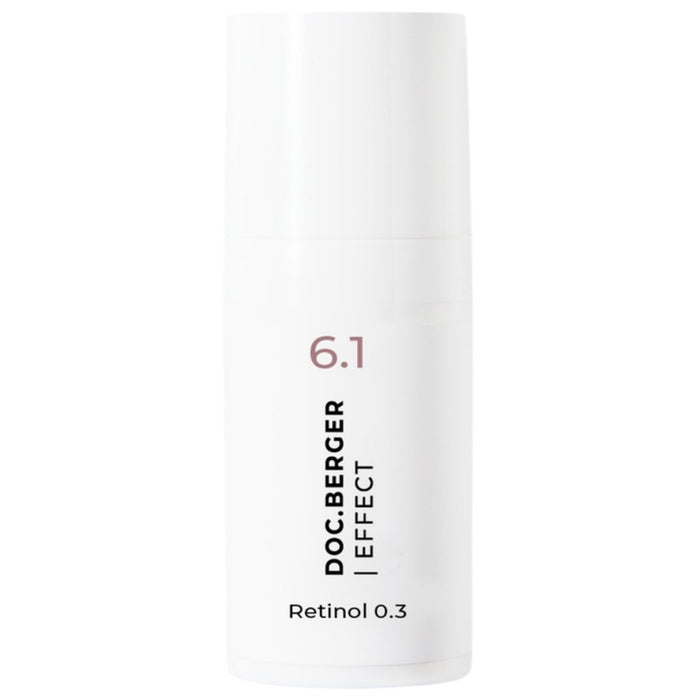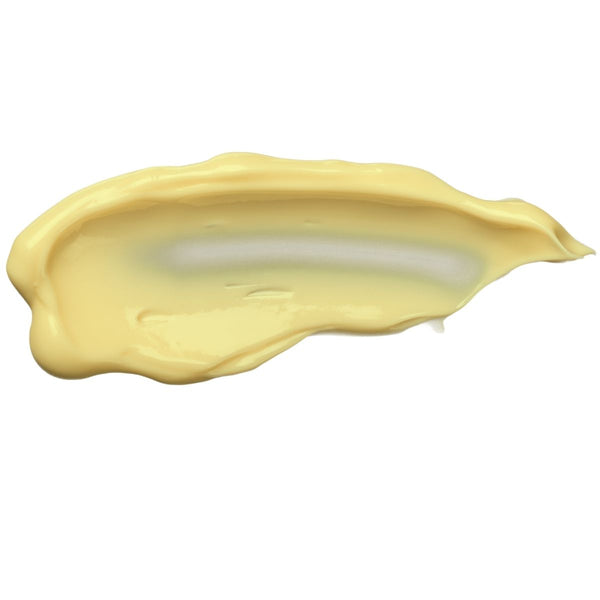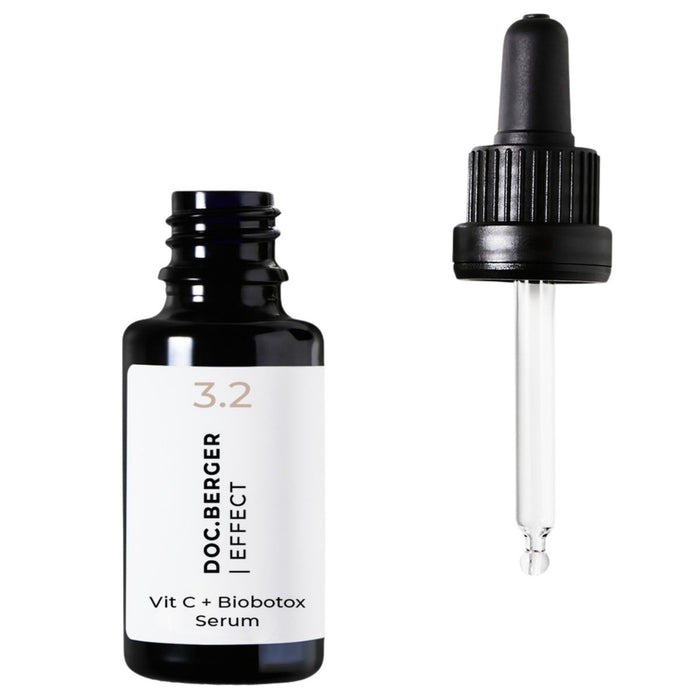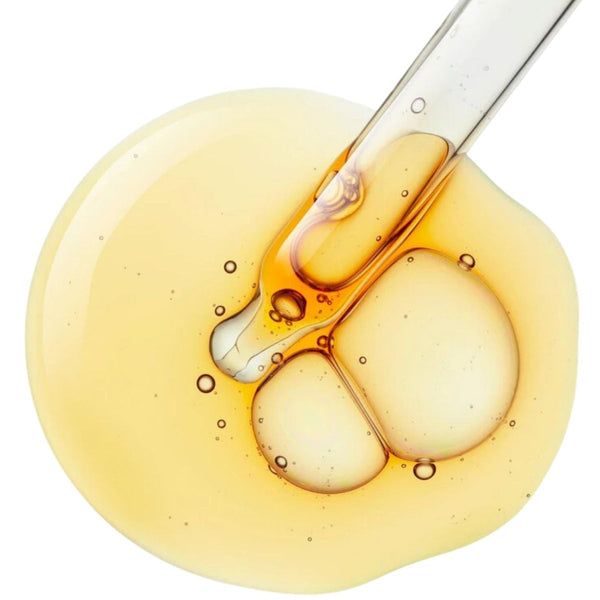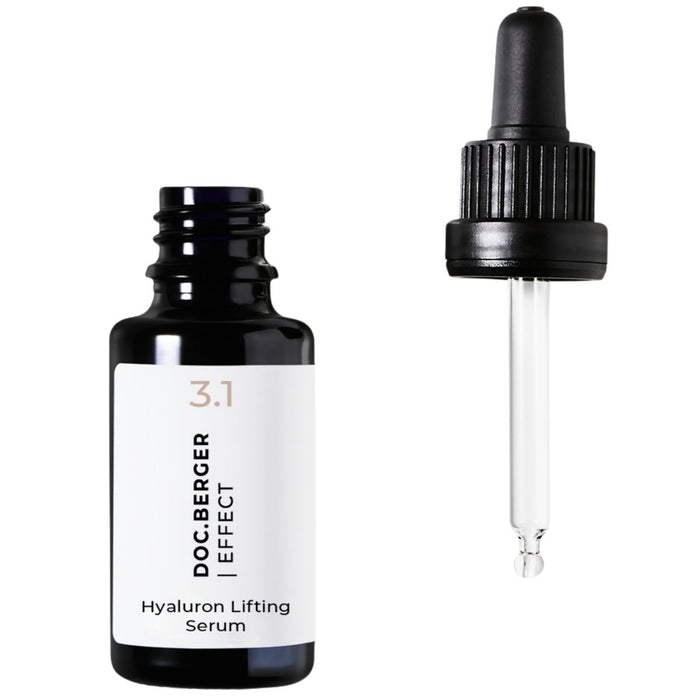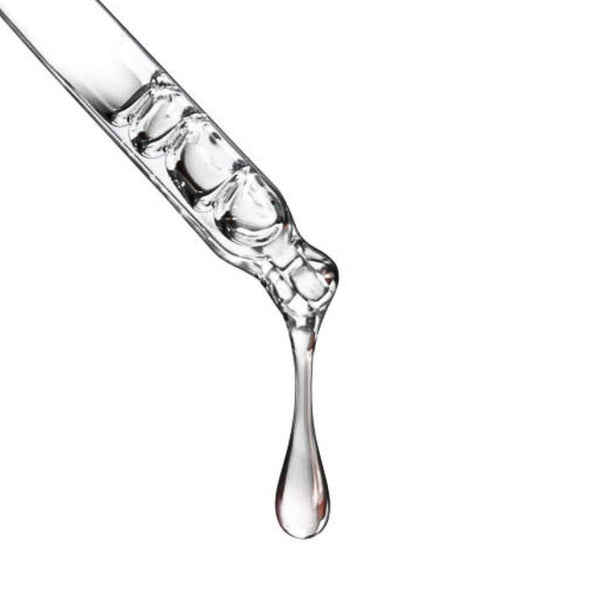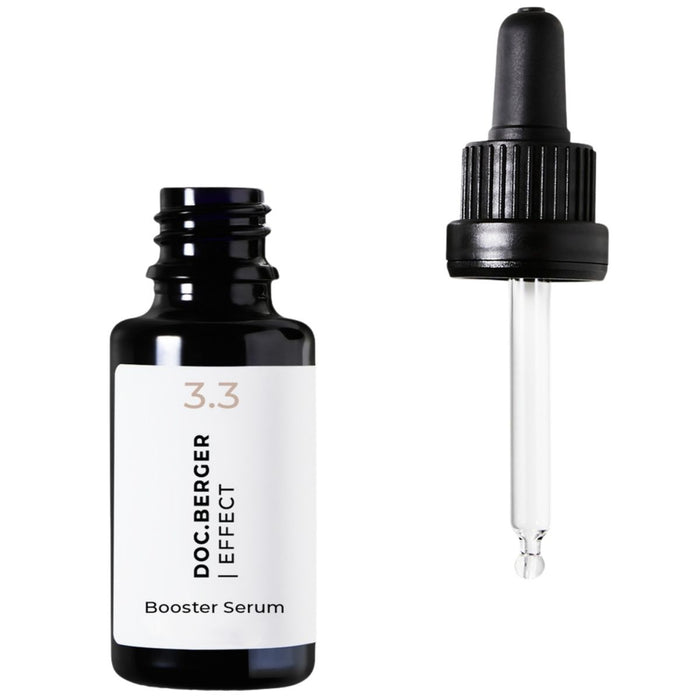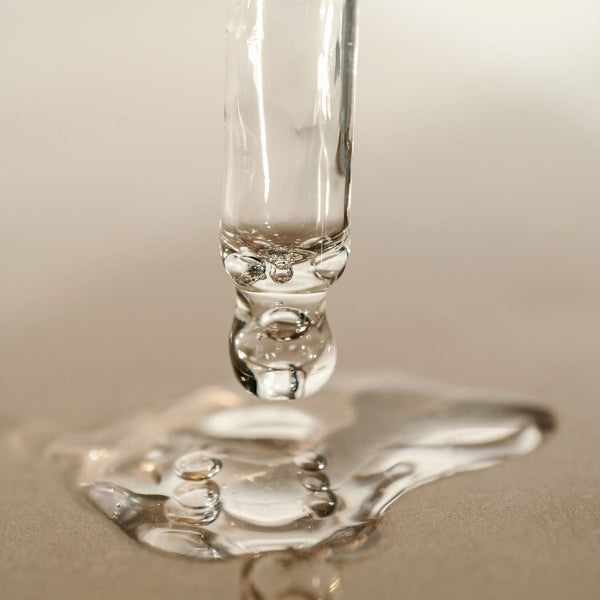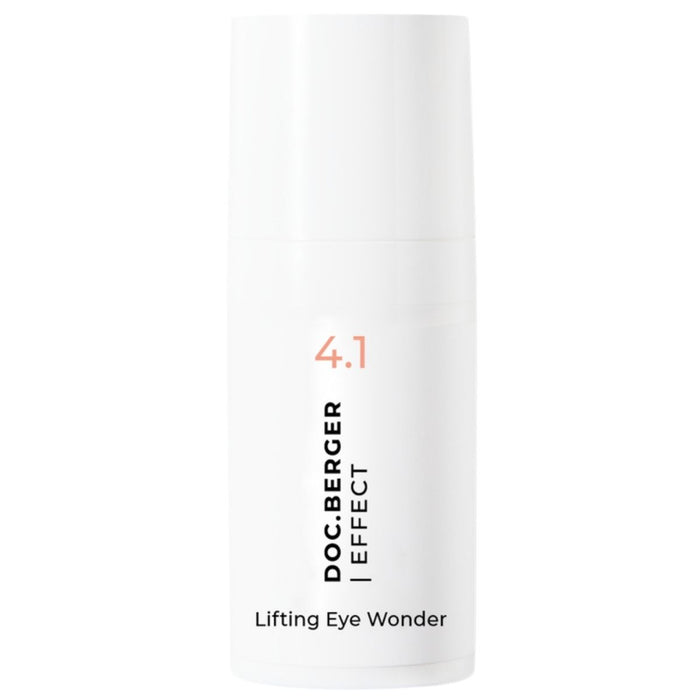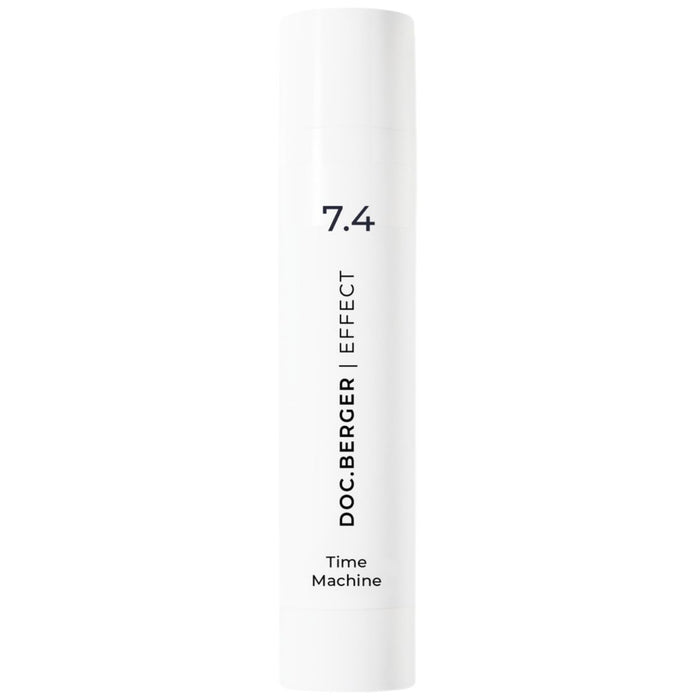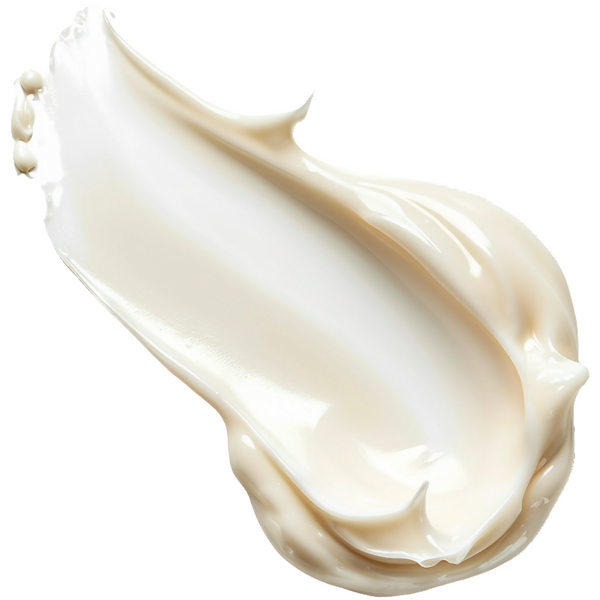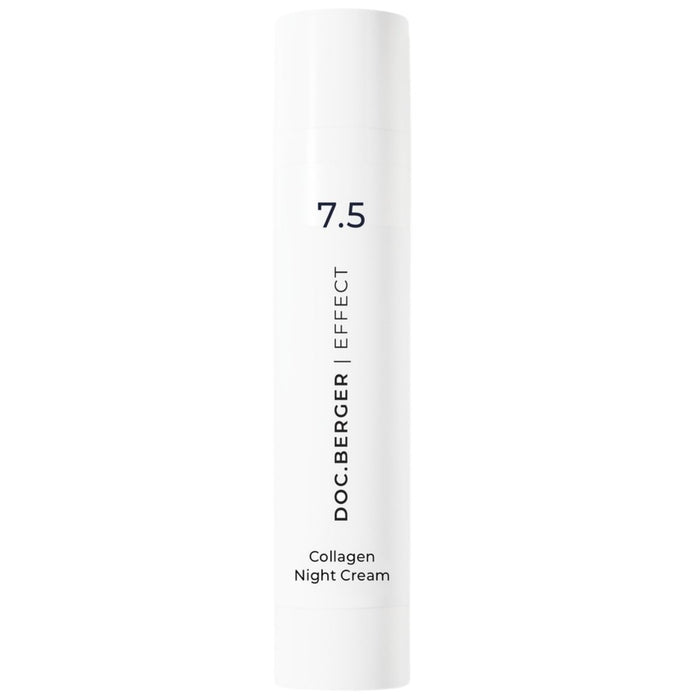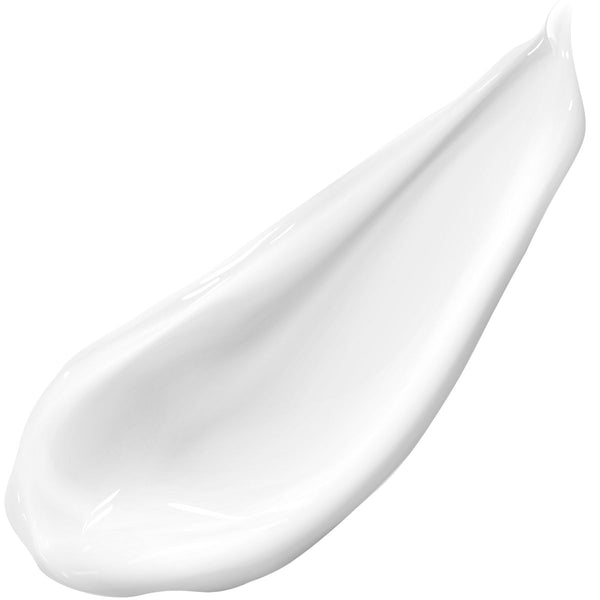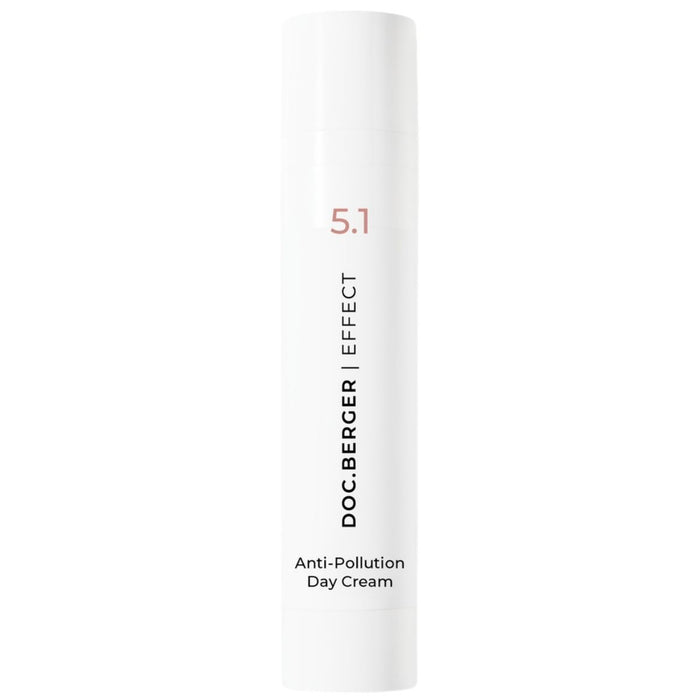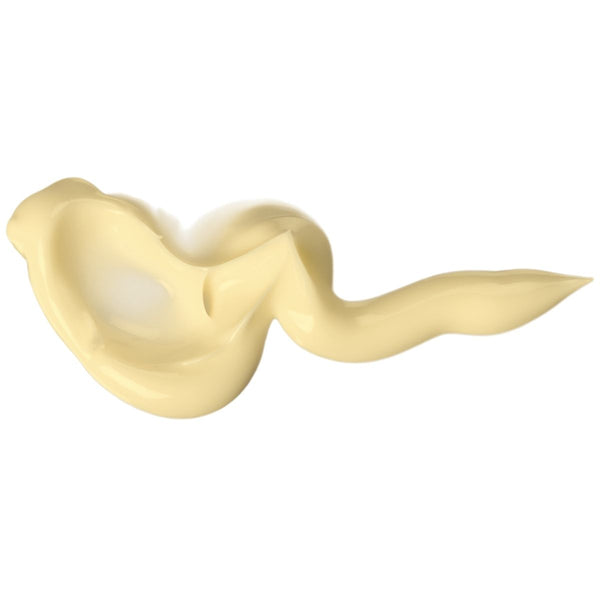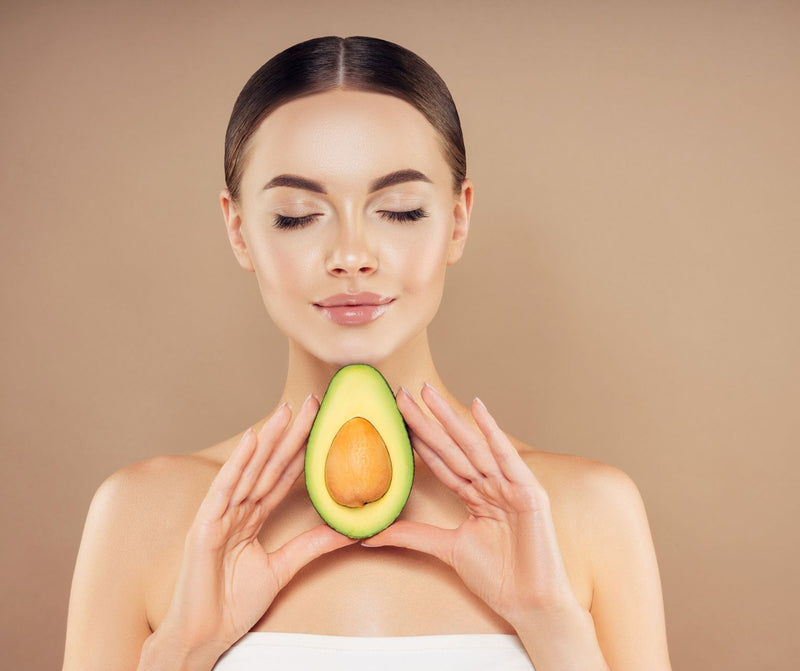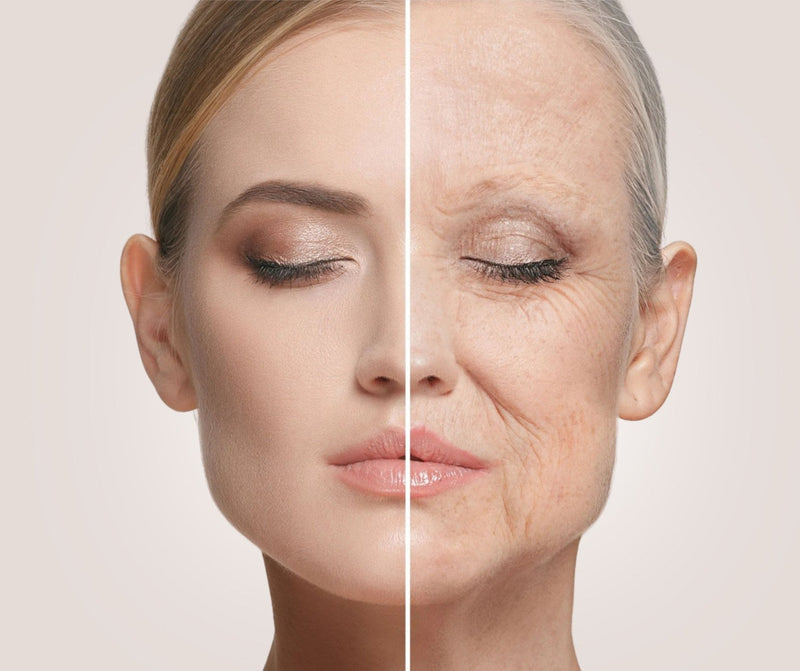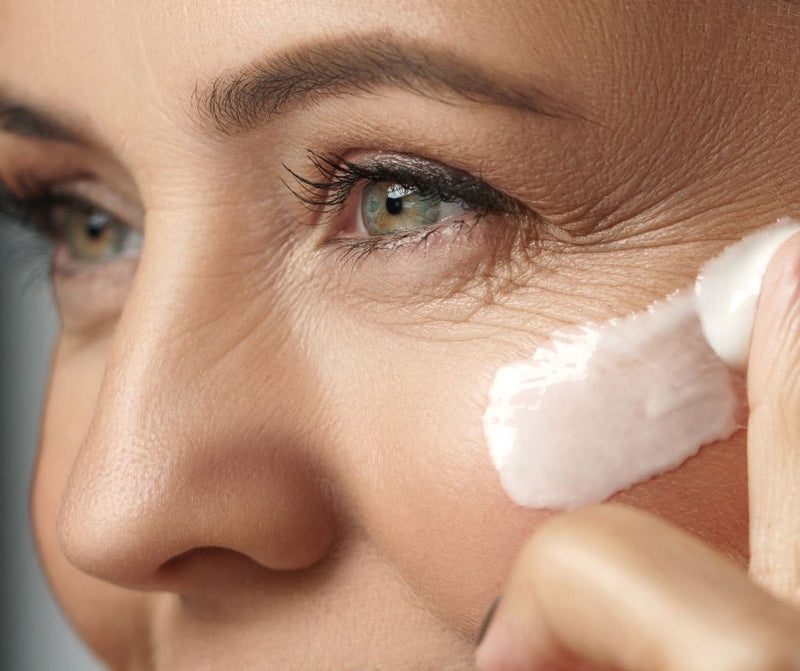BENEFITS OF RETINAL IN SKINCARE
Retinal has established itself in skincare as a versatile and effective active ingredient. Its numerous benefits make it a valuable component in many skincare products. Here are some of the key benefits of Retinal:
ANTI-AGING EFFECTS OF RETINAL
Retinal is particularly known for its impressive anti-aging properties. It stimulates collagen production in the skin, which is crucial in reducing fine lines and wrinkles. By promoting a tighter and more elastic skin structure, Retinal helps make the skin appear more youthful and fresher. Products like Retinal serums and Retinal creams are therefore essential elements in any anti-aging skincare routine to effectively combat the signs of aging.
IMPROVING SKIN TEXTURE WITH RETINAL
Retinal works deep in the skin to accelerate cell renewal. This process helps to more effectively remove dead skin cells and promotes the formation of new, healthy skin cells. The result is a smoother, refined, and more even skin texture. Retinal products are ideal for those seeking solutions for refined skin texture and skin structure renewal.
RETINAL IN ACNE TREATMENT
Retinal has also proven to be effective in treating acne. It supports the opening of clogged pores, thereby reducing the occurrence of acne breakouts. Additionally, Retinal has anti-inflammatory properties, which help reduce acne and its sequelae. Skincare products containing Retinal are thus an excellent choice for those struggling with acne-prone skin.
CORRECTING SKIN DISCOLORATION WITH RETINAL
Retinal can effectively help in treating pigment spots and skin discoloration. It accelerates skin renewal, improving the distribution of pigments in the skin. This leads to lightening of dark spots and a more even skin tone. Retinal is therefore a key element in the treatment of hyperpigmentation, providing a clearer and more radiant skin complexion.
ANTIBACTERIAL PROPERTIES OF RETINAL
In addition to its anti-aging and skin renewal properties, Retinal also possesses antibacterial properties. These make it an effective remedy against acne and other bacterial skin issues by inhibiting the growth of acne-causing bacteria.
PROMOTING SKIN HEALTH WITH RETINAL
Retinal not only contributes to the aesthetic improvement of the skin but also promotes its overall health and resilience. By stimulating skin renewal and improving collagen production, Retinal supports strengthening the skin barrier. This helps the skin better protect itself against environmental influences and preserve its natural protective function. Retinal products are therefore an important part of a comprehensive skincare routine aimed at long-term maintenance of skin health.
IMPROVING SCAR HEALING WITH RETINAL
Retinal is also an effective active ingredient in improving scar healing. It promotes skin renewal and stimulates collagen production, which significantly contributes to reducing scar tissue. Regular use of Retinal can improve both the appearance and texture of scars. This makes Retinal a valuable component in scar treatment, both on the face and body.
Retinal offers numerous benefits for skincare, from combating skin aging to improving skin texture and treating acne and skin discoloration. Its milder side effects and effective mode of action make it an excellent active ingredient for all skin types, including sensitive skin. Regular use of Retinal can lead to healthier, more youthful, and radiant skin.









